Mozambique: CTA calls for new dynamism in agriculture
ProSavana advances but strategy should be reviewed – Notícias
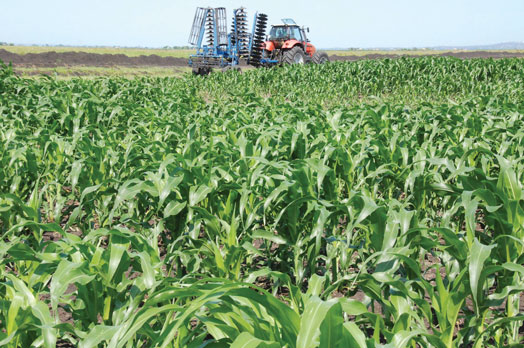
Jornal Notícias
Civil society organizations (CSO) lobbying for the right of rural communities in the provinces of Nampula, Niassa and Zambezia to access natural resources advocate the continuation of the tripartite cooperation program for the agricultural development of tropical savannah in Mozambique (‘ProSavana’), which covers 19 districts integrated into the Nacala Corridor, reports state-owned Noticias today.
The position was taken yesterday in Nampula at a meeting aimed at reaching a common position among civil society organizations advocating for rural communities’ right to access natural resources.
The event is part of the movement created by the Mozambican government to involve northern region civil society organizations in forming a consensual model for the implementation of ProSavana, a joint initiative of the governments of Mozambique, Brazil and Japan.
Ana Paula Tauacale, president of the National Union of Farmers (UNAC), said at the meeting that the current ProSavana strategy draft fails to protect various cultural and environmental aspects but the most serious issue has to do with the participation of smallholding farmers in decision-making, “given that they are to be the primary beneficiaries of the initiative.”.
Tauacale, who heads a group of about 100,000 individual members and 2,000 associations of farmers, said: “The farmers of the region covered by the Nacala Corridor know what they need to improve their social status through agriculture, but what is enshrined in the ProSavana strategy will not address their concerns. We need to improve the current model of agricultural development initiative.”
She said that the intensive use of inorganic fertilizers in the agricultural production could endanger the environment in the medium-to-long term, and told the audience that, in one of the Japanese cities she had visited recently, no such fertilizers were used “because they are well aware that only organic fertilizers are healthy for agriculture and the environment”.
Daniel Maúla, Coordinator of the Organizations for Environment and Sustainable Development Network of Zambezia (RADEZA), who also attended the meeting, criticized the fact that the ProSavana is a replica of an initiative that failed in Brazil because of its socio-economic, cultural and environmental aspects. “Now we have seen. And we have to prevent the same from happening here. This initiative can not fail, as financial resources and agrarian technologies exist in abundance.”
Opinions circulating at the meeting converged on the need for ProSavana to contribute to the empowerment of rural communities, whose survival depends on agricultural activities. Financing models therefore should not put the beneficiary at risk of not paying back the loans due to the failure of the project.
Antonio Mutoua, president of the Platform of Civil Society Organizations in Nampula, argues that the ProSavana initiative is likely to fail as other government initiatives in the past have for lack of inclusion of major players, and suggested some approaches to make ProSavana a consensual initiative, including consultation of communities and communicating the projects’ principles and objectives, actions that might result in stakeholder commitment.
Pedro Bechtel, senior manager of Majol, a consulting firm hired by the Japanese Agency for International Cooperation (JICA), agreed with Antonio Mutoua, saying that a study showed that communities integrated in the districts within the Nacala Development Corridor do not identify themselves with ProSavana, as a result of weak communication strategy.
Bechtel further advises that the environmental issues must be included in the ProSavana strategy, as climate change is a reality that already demands mitigation measures.


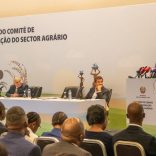
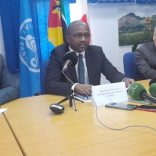
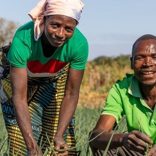


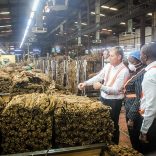





Leave a Reply
Be the First to Comment!
You must be logged in to post a comment.
You must be logged in to post a comment.